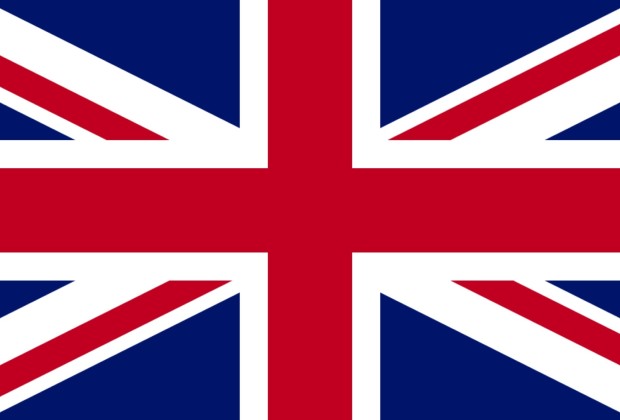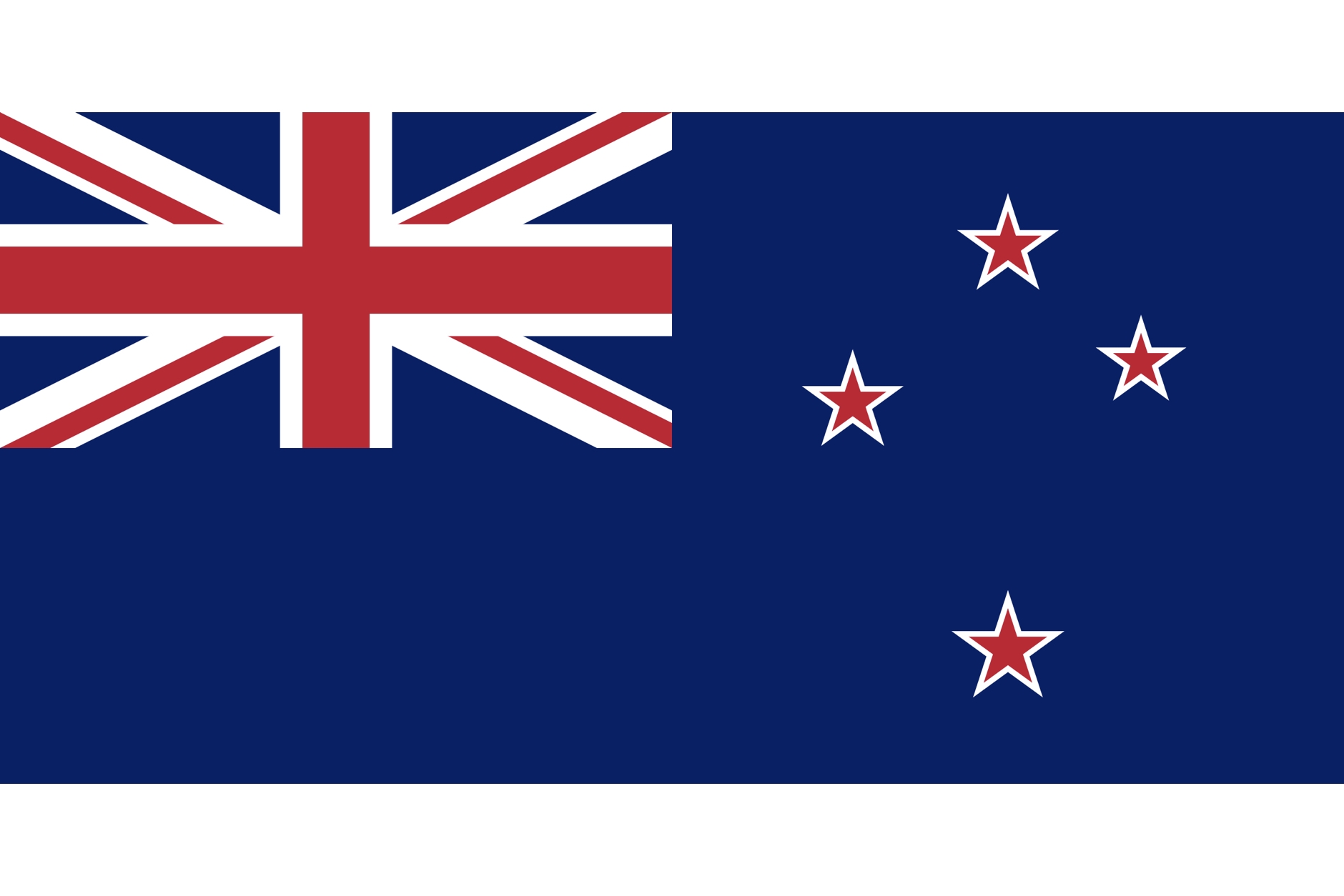A proposal that would ban anyone born after 2008 from purchasing tobacco products in the United Kingdom was approved during a second reading in Parliament.
The bill—formally, the Tobacco and Vapes Bill—will now move to the committee stage, where members of Parliament can modify the language and propose amendments before it faces a third vote. Should the bill pass the third vote, the bill would become law.
If passed, the United Kingdom would become the most prominent country to enact this type of tobacco prohibition, which is known as a generational tobacco ban. It would ban anyone born on or after Jan. 1, 2009 from purchasing a tobacco product, make it illegal to sell or give anyone under the age of 18 any vaping products, and allow for the Secretary of State to enact new vaping regulations. Furthermore, it would increase the penalties for those caught violating tobacco age restriction rules to include a maximum penalty of a one-year ban on selling tobacco and/or vaping products for businesses caught repeatedly violating the rules.
In the U.K., the bill has been watched not only because of its potential impacts but also because of its unique and broader political implications. Last year, Prime Minister Rishi Sunak announced plans to vote on the bill and said that it would be a “free vote,” meaning party members would be able to vote how they wanted and not expected to vote in large blocs after being lobbied by part whips. Sunak, the leader of the Conservative Party, has faced criticism because the bill seems at odds with the philosophy of his party. The second reading saw the bill pass 383 to 67. Of the 67 votes against the bill, 59 were members of Sunak’s Conservative Party including six ministers, one of whom—Kemi Badenoch—is a member of Sunak’s cabinet. By contrast, the bill enjoyed broad support from the opposition Labour Party.
Sunak’s proposal followed a 2022 government report by Dr. Javed Khan that looked into the U.K.’s smoke-free 2030 plans and made various recommendations on how the government could achieve its goals for the 2030 targets, which were set in 2019. One of Khan’s recommendations was to simply prevent people from purchasing tobacco products by “increasing the age of sale from 18, by one year, every year until no one can buy a tobacco product in this country.”
New Zealand was the first country to introduce a generational tobacco ban, though less than a year after it passed, the country’s new government announced and followed through with plans to reverse course on the policy.


